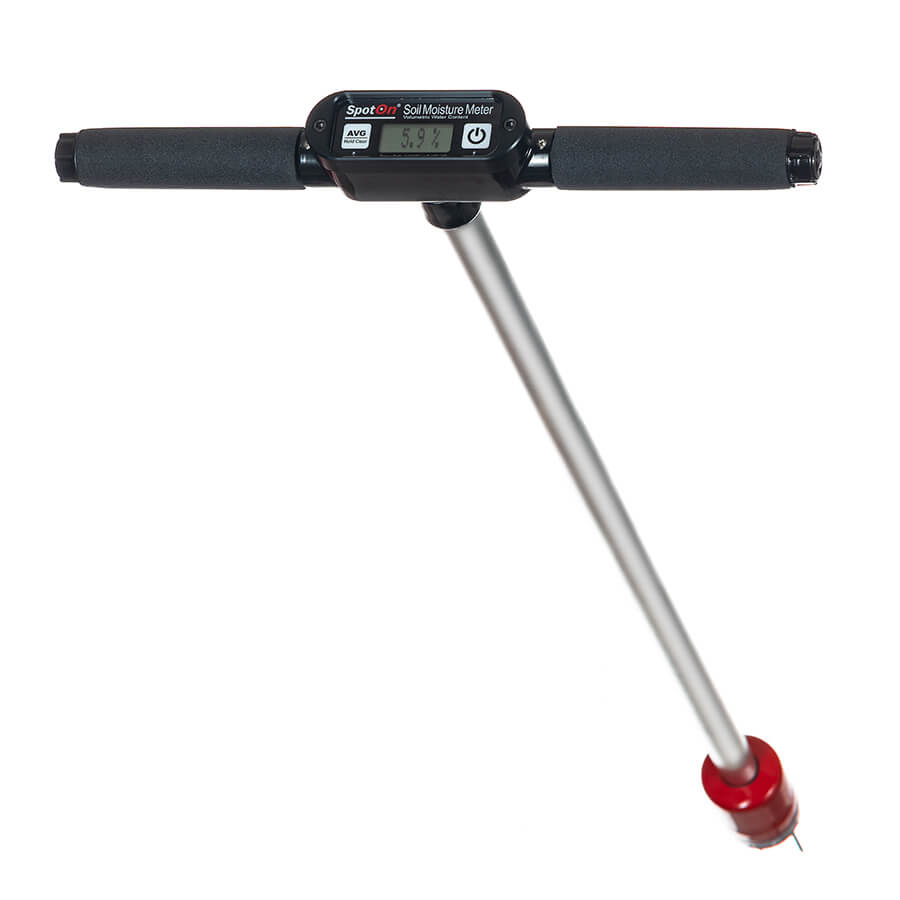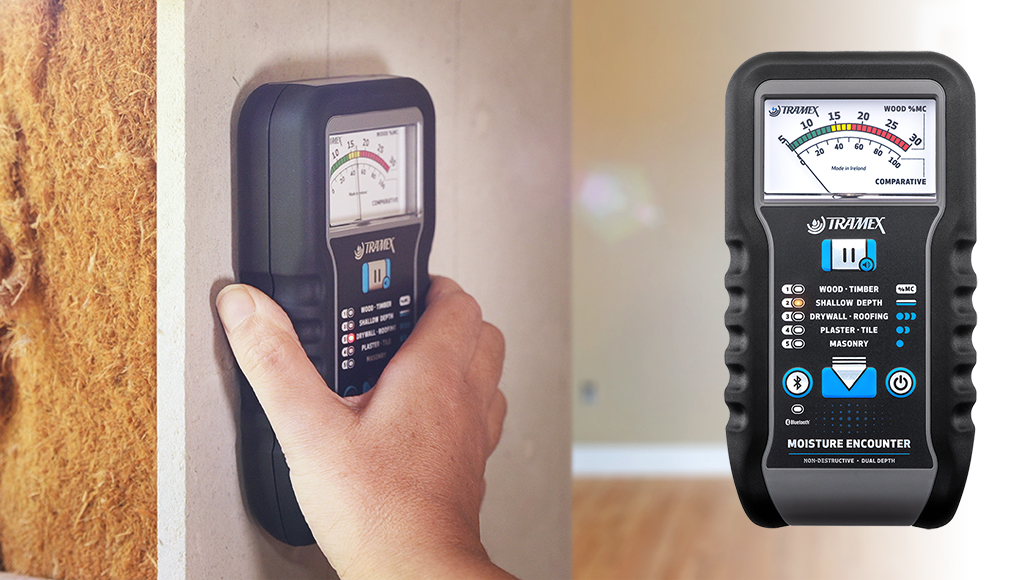Moisture Meter Acquiring Overview: What to Seek in High-Quality Instruments
Moisture Meter Acquiring Overview: What to Seek in High-Quality Instruments
Blog Article
The Ultimate Guide to Moisture Meters: A Comprehensive Review and How They Can Save You Money
In the world of structure upkeep, building and construction, and various sectors, the significance of properly measuring wetness levels can not be overstated. Dampness meters work as important tools in detecting and keeping an eye on moisture web content in products, helping in protecting against pricey problems and making certain the top quality of products. Comprehending the subtleties of various sorts of moisture meters, their applications, and the prospective cost-saving advantages they provide can be a game-changer for companies and professionals alike. Uncovering exactly how these tools can not only streamline processes yet also add to economic cost savings is a trip worth starting.
Kinds Of Wetness Meters
One typical kind is the pin-type moisture meter, which gauges the electric resistance in between 2 pins put into a material. Pinless moisture meters, on the other hand, use electro-magnetic sensing unit plates to check a bigger area without causing damage to the material's surface.

Infrared wetness meters determine the thermal buildings of a material to identify its moisture web content non-invasively, making them helpful for applications where pin or pinless meters might not be appropriate. Comprehending the different kinds of wetness meters offered can help sectors choose the most ideal tool for their details moisture measurement needs.

Benefits of Utilizing Dampness Meters
Moisture meters offer indispensable benefits in accurately examining and monitoring dampness levels in diverse products and settings. One of the main benefits of using dampness meters is the avoidance of potential damage created by excess dampness.
Additionally, using dampness meters can result in raised energy performance. By determining locations with high dampness degrees, such as leaks or bad insulation, adjustments can be made to boost energy preservation and decrease utility costs. In farming settings, moisture meters play a crucial duty in maximizing plant yields by allowing farmers to monitor dirt moisture degrees and make notified watering decisions. In general, the advantages of making use of moisture meters span throughout numerous industries, providing cost-efficient solutions and promoting much better quality assurance methods.
Exactly How to Select the Right Wetness Meter
Picking the ideal moisture meter involves considering key elements such as material compatibility, dimension variety, and calibration precision. When choosing a wetness meter, it's necessary to make certain that the meter is appropriate for the specific product you will be screening. Different materials have differing electric properties that can impact moisture analyses, so picking a meter developed for your product is crucial for exact outcomes. Additionally, take into consideration the measurement variety of the moisture meter. Ensure that the meter can detect dampness levels within the variety required for your applications. Calibration precision is an additional crucial variable to remember. Opt for a dampness meter with trustworthy calibration to make sure regular and precise analyses. Some meters may need regular calibration changes, so recognizing the calibration process is essential. By meticulously assessing these variables, you can official website choose a dampness meter that meets your needs and gives exact moisture dimensions for your tasks.
Correct Strategies for Dampness Meter Use

Expense Savings Through Dampness Meter Applications
How can the calculated use of wetness meters lead to substantial cost savings throughout different sectors? In the farming sector, moisture meters help in establishing the optimal time for harvesting crops, protecting against excess or over-drying wetness that can affect the final product's top quality.
Likewise, in construction, dampness meters assist protect against expensive problems by detecting dampness levels in building materials, such as timber or concrete, which can lead to structural problems if not dealt with immediately. By identifying trouble locations early on, service providers can take restorative actions to avoid extensive repairs or replacements, eventually saving money and time.
Moreover, in the food handling market, wetness meters are essential for checking item high try this quality and ensuring compliance with safety regulations. By properly gauging dampness material in food items, manufacturers can avoid wasting, maintain quality, and minimize waste, resulting in considerable price financial savings. In general, the strategic application of moisture meters is an important financial investment that can lead to significant price decreases and improved efficiency throughout numerous markets.
Conclusion
In verdict, dampness meters are beneficial tools for discovering and gauging dampness degrees in numerous materials. By making use of the appropriate moisture meter and following appropriate methods, individuals can successfully protect against costly problems caused by excess moisture. Buying a high quality moisture meter can bring about considerable expense savings over time by recognizing prospective problems early and enabling timely remediation. Inevitably, dampness meters are essential instruments for preserving the honesty and long life of frameworks and materials.
Dampness meters serve as vital tools in finding and monitoring moisture web content in products, assisting in stopping expensive problems and ensuring the quality of products. Infrared moisture meters gauge the thermal buildings of a material to determine its wetness material non-invasively, making them valuable for applications where pin or click here for info pinless meters might not be appropriate.Dampness meters offer very useful benefits in precisely analyzing and keeping track of moisture degrees in diverse materials and atmospheres. In agricultural setups, moisture meters play a vital function in maximizing crop returns by enabling farmers to monitor soil wetness levels and make informed irrigation decisions.In final thought, wetness meters are useful devices for identifying and determining wetness degrees in numerous products.
Report this page